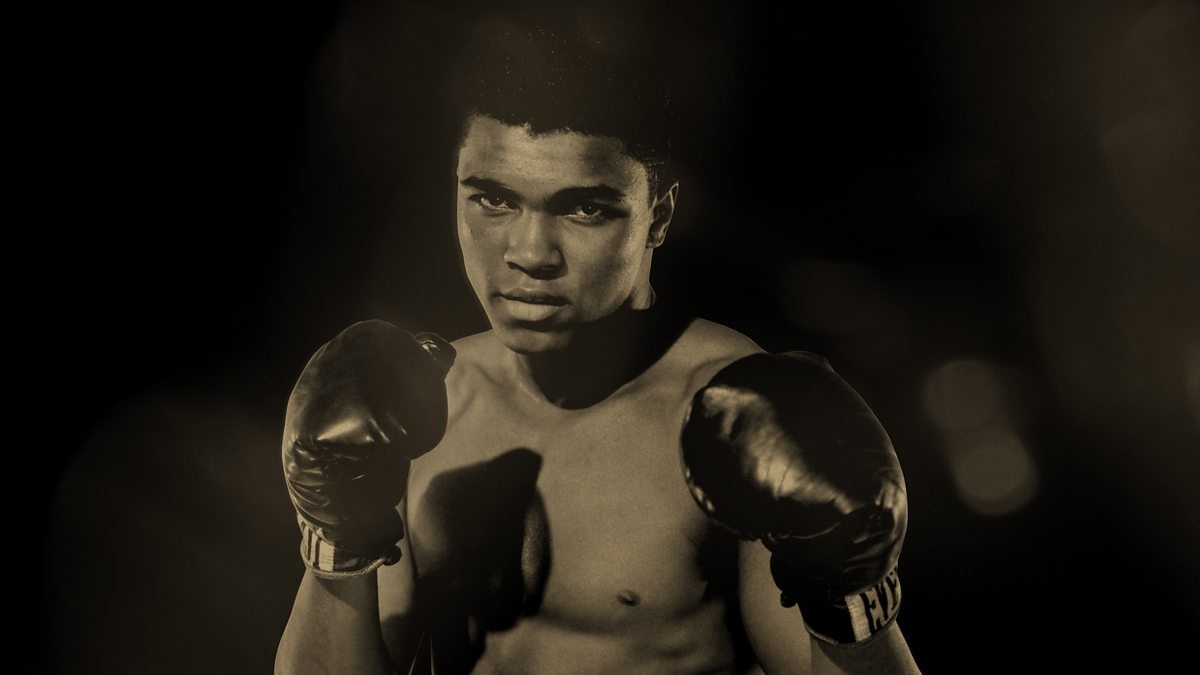Muhammad Ali, born Cassius Marcellus Clay Jr. on January 17, 1942, in Louisville, Kentucky, is widely regarded as one of the greatest boxers in history and an enduring cultural icon. His impact extended far beyond the boxing ring, shaping the worlds of sports, civil rights, and popular culture. Let’s explore the life and legacy of this remarkable figure.
Early Life and Boxing Career:
Muhammad Ali’s journey began when he took up boxing at the age of 12. Under the guidance of trainer Joe Martin, he quickly showed immense talent, winning numerous amateur titles. At the age of 18, he won an Olympic gold medal in the light heavyweight division at the 1960 Rome Olympics. Shortly thereafter, he turned professional and began his ascent in the boxing world.
In 1964, Ali achieved what many consider the pinnacle of his career. He defeated the heavily favored Sonny Liston to become the heavyweight champion of the world. It was at this time that he famously declared, “I am the greatest!” He soon converted to Islam, changing his name to Muhammad Ali and publicly embracing the Nation of Islam.
The “Greatest” in the Ring:
Ali’s boxing style was a marvel to watch. Known for his quick footwork, lightning-fast jabs, and unorthodox defensive maneuvers, he had a unique ability to “float like a butterfly, sting like a bee.” He successfully defended his title multiple times during the 1960s, cementing his status as one of the most dominant and charismatic figures in the sport.
However, Ali’s career faced a significant setback in 1967 when he refused to be drafted into the Vietnam War, citing his religious beliefs and opposition to the war. He was stripped of his boxing titles, banned from the sport, and faced legal battles. This period of exile from boxing lasted nearly four years.
The Fight for Civil Rights:
Ali’s refusal to serve in the Vietnam War marked a turning point in his life and the civil rights movement. He became a vocal advocate for peace and civil rights, citing his experiences as a black man in America as motivation. His stance resonated with many, and he became an inspirational figure in the fight against racial injustice and discrimination.
In 1971, the Supreme Court overturned Ali’s conviction, allowing him to return to the boxing ring. He went on to regain his titles and continued to box at a high level throughout the 1970s.
Legacy and Cultural Impact:
Ali’s legacy extends far beyond the confines of the boxing ring. His charisma, confidence, and unwavering commitment to his principles made him a global symbol of resilience, bravery, and individuality. His impact on popular culture and the world of sports remains unparalleled.
In 1996, Ali, now battling Parkinson’s disease, was honored with the lighting of the Olympic torch at the Atlanta Games, symbolizing his enduring influence. His life has inspired countless books, documentaries, and films, including the acclaimed biopic “Ali” starring Will Smith.
Muhammad Ali’s passing in 2016 marked the end of an era, but his legend lives on. He will forever be remembered as a man who not only floated and stung in the ring but also fought courageously for justice and equality outside of it. Muhammad Ali’s enduring legacy is a testament to his impact as both a legendary boxer and a transcendent cultural icon.
